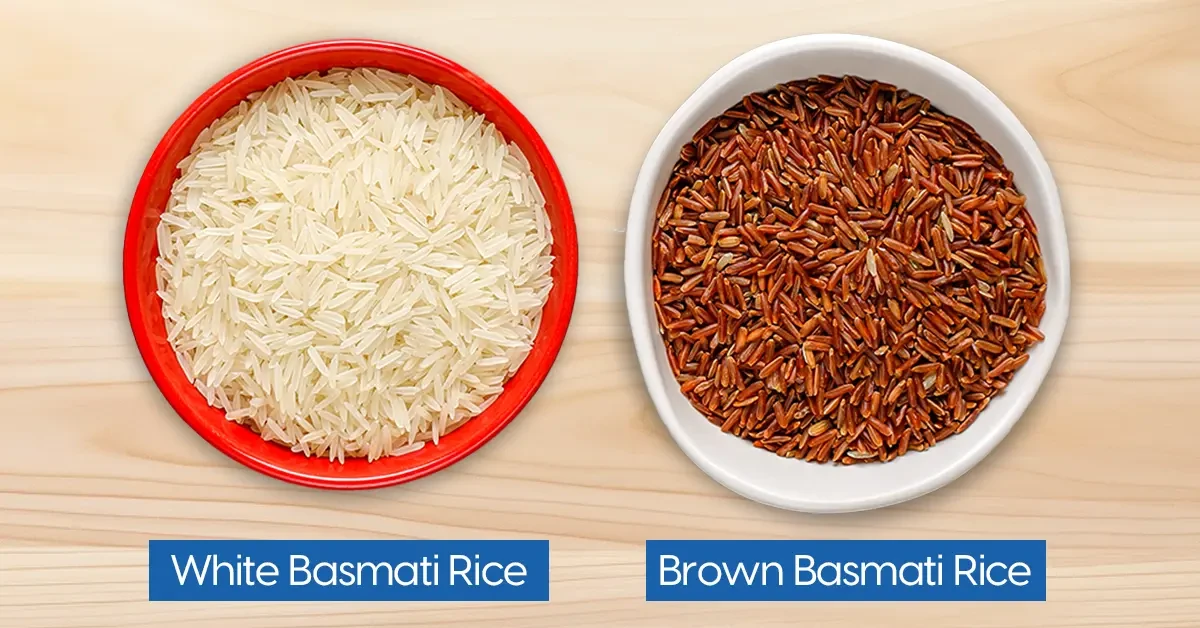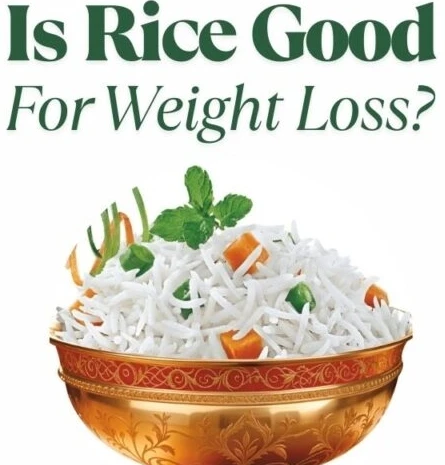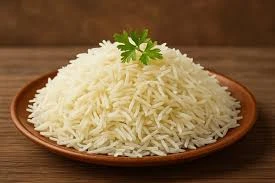Introduction
Rice is a staple food for more than half the world’s population, but not all rice is created equal. Among the many varieties, basmati rice—known for its long grains and fragrant aroma—often raises the question: Is basmati rice healthy? Let’s explore its nutrition, health benefits, and potential downsides.
Nutritional Profile of Basmati Rice
A 1-cup serving (cooked, white basmati) provides approximately:
- Calories: 190
- Carbohydrates: 39 g
- Protein: 4 g
- Fat: 0.5 g
- Fiber: 1 g
- Glycemic Index (GI): 50–58 (lower than regular white rice)
Brown basmati rice contains more fiber and nutrients compared to the white variety.
Health Benefits of Basmati Rice
- Supports Digestive Health
- Brown basmati rice is rich in fiber, which helps regulate bowel movements and improves gut health.
- Diabetes-Friendly Choice
- With a lower glycemic index than regular white rice, basmati rice causes slower blood sugar spikes, making it a better option for people managing diabetes.
- Heart Health
- Whole grain basmati rice contains magnesium, B vitamins, and fiber that contribute to heart health and lower cholesterol levels.
- Weight Management
- Thanks to its slow-digesting carbs and lower GI, basmati rice can help you feel full longer, supporting weight loss and portion control.
- Gluten-Free
- Naturally gluten-free, basmati rice is safe for people with celiac disease or gluten sensitivity.
Possible Downsides
- White basmati rice is less nutritious than the brown variety since the husk, bran, and germ are removed.
- Overconsumption may contribute to weight gain if eaten in large portions.
- Like other rice types, basmati can contain traces of arsenic, though usually at lower levels than other rice varieties.
Tips for Healthy Consumption
- Choose brown basmati rice for higher fiber and nutrients.
- Practice portion control—½ to 1 cup cooked rice per meal is usually sufficient.
- Pair with vegetables, lean protein, and healthy fats for a balanced meal.







